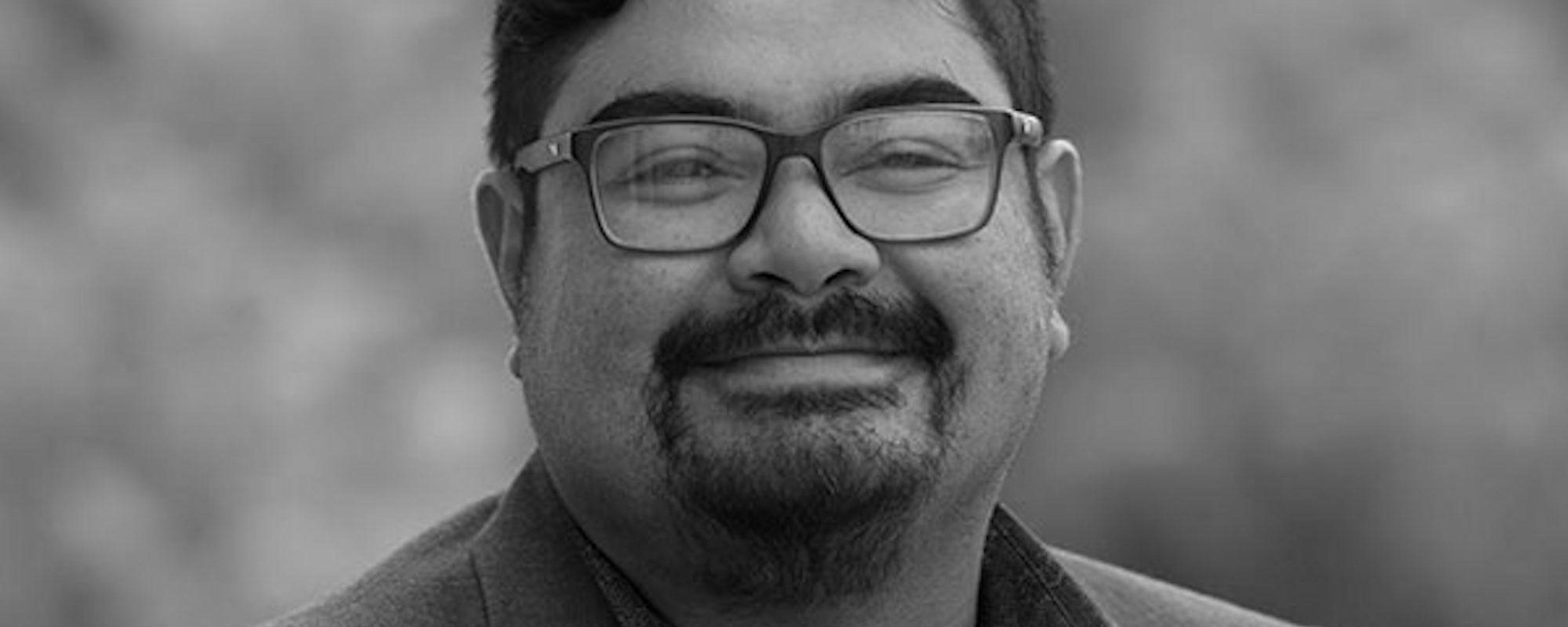The government of President Nayib Bukele has turned fear of surveillance into an instrument of control over its own employees. Ever since Apple sent alerts to dozens of iPhone users in El Salvador warning that their devices had likely been infected with state-sponsored spyware, paranoia has turned the Bukele administration’s diplomatic corps —officials who are supposed to be representing the country’s interests abroad— into mere servants of the capricious designs of the president, his brothers, and a small circle of Casa Presidencial officials.
“At one point in 2022, a high-ranking official from the Ministry of Foreign Affairs told a group of Salvadoran ambassadors abroad that she knew everything we were saying,” a source recently told me. Another government official recounted how the Casa Presidencial had informed him and his fellow employees, via WhatsApp, that their social media accounts were being monitored to ensure loyalty to Bukele. A third source, a high-ranking Casa Presidencial official, told me he knew his phone had been tapped because an official close to the president had revealed personal information about him that only the source would have known. These accounts are in keeping with alerts sent by Apple to three ruling-party legislators in late 2021 warning of possible spyware infections—alerts those same officials then tried to use as evidence to dismiss assertions that the Salvadoran government was behind the spying.
The paranoia taking hold among diplomatic personnel is the result of the same surveillance threats that journalists and government critics have known and warned about for over a year. In November 2021, Apple sued NSO Group for marketing “sophisticated surveillance technologies” used to target the cellular devices. Months later, in January 2022, it was confirmed that the phones of 35 people in El Salvador, including activists, journalists, and other members of civil society had been infected with the spying software known as Pegasus. Now, in February 2023, it has been revealed that these surveillance efforts also targeted Supreme Court magistrate Paula Velásquez.
It has now become clear that the Bukele administration seeks to transform government offices into a kind of panopticon, in which prisoners cannot see the guard who is (or is not) observing them from the tower. According to news reports, Bukele’s panopticon could be spying on some 500 people, including U.S. Embassy personnel and foreign nationals in El Salvador. But according to sources from within the Ministry of Foreign Affairs, the power of the government’s surveillance is greatest when it targets its own state employees, de facto hostages of a regime that distrusts them while, at the same time, relying on them to parrot official propaganda advocate for the unconstitutional reelection of the president.
Bukele’s panopticon has prompted several diplomats to unofficially reach out to officials from other countries. While they continue to defend the administration in public, in private they are seeking help from outside the country and making plans to leave the diplomatic corps. A former high-ranking Bukele official told me that while he and others of the corps regularly change out their phone chips to avoid having their conversations tapped by Salvadoran intelligence. This source also claims that Bukele’s top officials have privately told him that they are against some of the administration’s policies, such as the perpetual extension of the state of exception, now in its eleventh month. All of the half dozen sources I spoke with say they assume that working for the Salvadoran government means being spied on. But they do not know whether the surveillance is being carried out by Casa Presidencial or some other state intelligence operator.
The Bukele government’s panopticon is fueling perpetual paranoia among Salvadoran officials who, in response, have decided that they need to approach foreign governments for help. In talking to these sources, it is easy to understand why some would rather be spied on by the CIA than by the Bukele regime’s intelligence ecosystem. I got the sense that many of these officials feel that, with the CIA, at least the information collected would not be used as illegitimate evidence to fire them on suspicion of disloyalty to the president. For many Salvadoran diplomats, their greatest fear is not being spied on by China, Russia, or the U.S., but falling into the surveillance dragnet of a government they took an oath to defend.
*Translated by Max Granger
Ricardo J. Valencia is an assistant professor of public relations in the Department of Communications at California State University, Fullerton. Twitter: @ricardovalp

